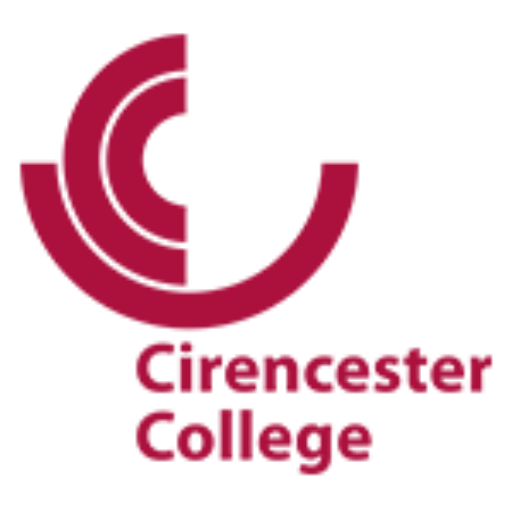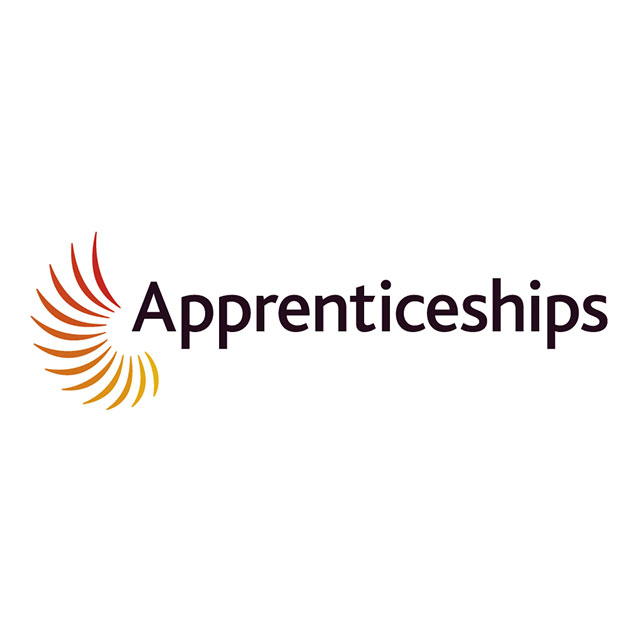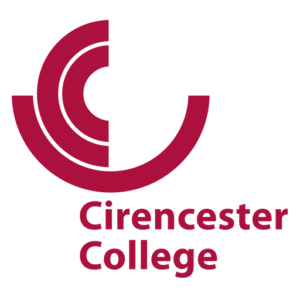DO NOT DELETE OR EDIT THIS ROW OR ITS CONTENTS

Our A-level in Economics equips you with the skills and confidence to explore more on how resources are allocated in the world around them. It leads on from GCSE and provides an excellent basis for further study at university or the apprenticeship route. By learning how to explain and evaluate economic problems and possible solutions, you will acquire a way of thinking as an economist and develop a logical approach to thinking and reasoning.
What will I study in Economics A-level?
There are three mandatory components, focusing on microeconomics, macroeconomics and themes in economics. The third component offers an exciting opportunity for students to apply theories and concepts to up-to-date contexts.
In Microeconomics you will study the following: Introduction to Microeconomics • The Role of Markets • Business Objectives • Market Structures • The Labour Market
In Macroeconomics you will study the following: Aggregate demand and aggregate supply • Economic policy objectives • Implementing policy • The global context • The financial sector
Themes in Economics is a case study paper combining knowledge from the first two papers (Microeconomics and Macroeconomics).
Entry Requirements
At least five GCSEs at Grade 4 or above, all from the core subjects and including a Grade 5 in Maths.
How will I learn?
Delivery will be in the classroom with a range of teaching methods by our experienced practitioners.
Students will have interactive lessons with group work, flipped learning and directed delivery.
How will I be assessed?
There is no summative assessment until at the end of the course which is in the 2nd year. The end of course assessment structure is simple and straight forward with no coursework, just three two-hour examinations at the end of the course for each of the two components, that is Microeconomics and Macroeconomics. The third exam paper is a mixture of both Microeconomics and Macroeconomics.
However, you will have formative assessments throughout the year to check knowledge, skills and application.
Any trips?
We plan to take our students to visit the Royal Mint in Wales and thereafter for a visit to St Fagans National Museum of History. We also work in close collaboration with the University of the West England and the Bank of England who present talks and lectures on various topics. There is a cost for these trips which will be communicated later at the beginning of the first term.
Are there any costs involved?
All course Textbooks are provided by the College. However, you should expect some small costs in the year for course booklets and stationery but this should not exceed £15-£20.
FAQs
Many of our students go on to study at Economics at Universities including Leeds, Bristol, London School of Economics and others.
There are many job opportunities in Economics including becoming an: -
Economics Consultant who uses analysis and research skills to carry out studies regarding economic scenarios ~(like covid)
An actuary who applies advanced mathematical and statistical skills to determine the likelihood of events like fires, business failures and illness.
Credit Analyst conducts micoreonomical analysis of prospective clients to assess risks innvolved with loans and funds.
Financial Analyst researches companies, stocks, bonds and industries then write reports for seniors to make investment decisions.
No, it does not matter that you have not done Economics at GCSE. As long as you enjoy charts, graphs and numbers and have a positive work ethic you will be just fine.
Awarding Body
OCR
Available As
[56 UCAS pts. available]

Add to Application
What can I do after I have taken this course?
Available As
[56 UCAS pts. available]

Add to Application

DO NOT DELETE OR EDIT THIS ROW OR ITS CONTENTS
What the students say

”Economics is split into two parts micro and macro. Each teaching you about the overall economy of a country and the world.
Patrick
















